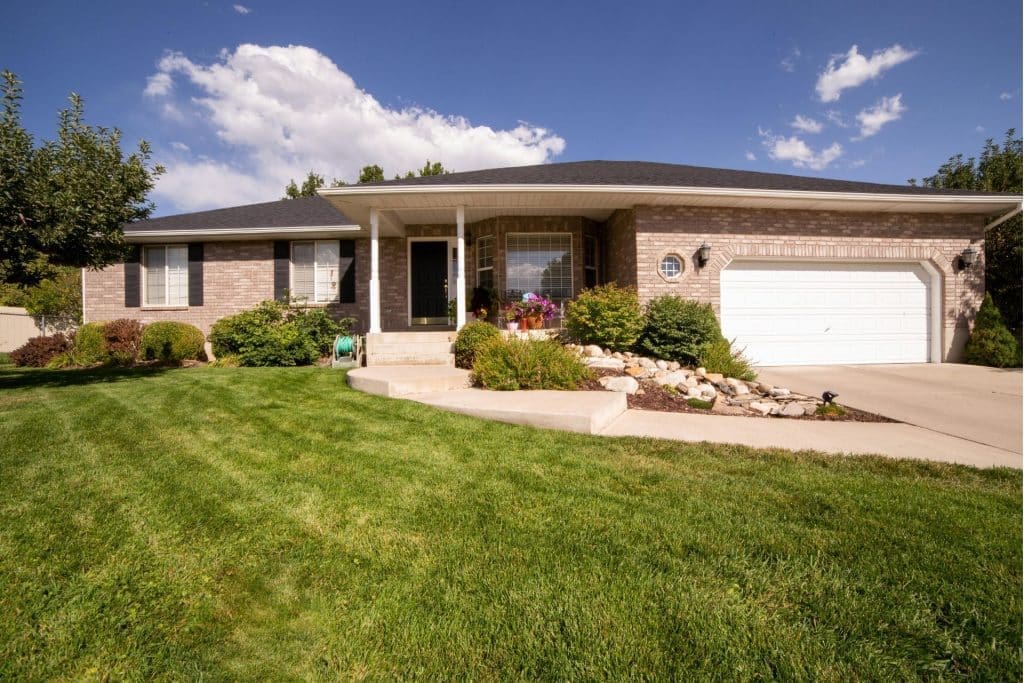Making money from your rental property comes down to a simple equation, right? Earning a return on your investment is not as easy as charging your tenants more than your monthly mortgage + expenses. If that were wholly true, then it stands to reason that cutting your costs as far as possible puts you on the road to a massive return on investment. Instead, as the adage says, you must spend money to make money. The spend-to-make principle applies to any business, including your real estate investment. Despite this knowledge, many property owners walk headlong into expenses that they could avoid.
Avoidable costs start piling up when property owners cut too many corners on their expenses in the name of trying to eke more profit out of their properties. This strategy, although tempting, is short-sighted. You must be smart, not cheap to succeed in real estate investing.
Watch out for these three common and avoidable landlord expenses.
Forced Vacancies: The vacancy you can control
What’s a forced vacancy? It’s a vacancy that is caused by something you did or did not do as the property owner. Vacancies are expensive, so try to avoid these two scenarios.
Your rent is too high.
But, you say, “I need to raise the rent every year! Most everything else in life goes up in price over time, because, inflation!”
Let’s say you have a wonderful tenant who has lived in your property for the past ten years, who pays the rent on time, and cares for your property like it’s their own. You’d like them to stay indefinitely. But, when you keep raising the rent on them arbitrarily, that’s a recipe for your ideal tenant to look elsewhere.
Treat rent increases with care, particularly if you have a fixed mortgage.
Your property is not well-maintained.
Don’t let your dream tenant leave because you neglected to fix something. Tenants don’t want to move and uproot their lives any more than you want to have to find another fantastic tenant. But, they will find another place to live if they are bearing the most significant burden of the upkeep and nagging maintenance issues keep rearing their ugly heads.
By maintaining your property well beyond the make-ready and move-in, you will ensure that your renters feel that their tenancy is appreciated.
Bonus – by doing regular maintenance, you’ll also have less of a maintenance lift when you have a vacancy and need to get your rental property quickly back on the market.
High Days on Market: Get it right, then to market
When you bring your rental property to market, make sure it is priced right. When it is priced according to the market or slightly aggressively, you ensure that your rental property rents quickly. But this is only one-half of your go-to-market strategy. You must also get the condition of your property right before you bring it to market.
Don’t put it on the market to test your rent number, then decide that you might need to replace that carpet with a big stain on it to warrant that number. As we said above, vacancies are expensive! By getting the condition right before going to market, you’ll speed up the time it’ll take to get your property rented, and you’ll attract a better tenant.
Deliver your property to market in great condition at a great price and you’ll find a great tenant.
Repetitive Maintenance: Don’t spend good money on the bad
When it comes to avoidable expenses, repetitive maintenance is a biggie. You know those things that come up every time you have to turn over the apartment to a new tenant? Carpet’s a big one. Don’t replace it with a low-quality option just because it’s cheap and fast. You’ll have to replace it again in 3-5 years. Engaging in short-term thinking will come back to take a big bite out of your wallet over time.
Don’t repetitively spend good money on the bad!
A better strategy is to pay more for a higher-quality product, like commercial-grade flooring that will last you 10-20 years. You’ll pay up to 25% more, but you’ll also get a break from having to replace it frequently.
Being a rental property investor can be your ticket to financial independence, so it’s worth doing your due diligence when it comes to the care and pricing of your rental property. Owning a well-maintained property that attracts (and keeps) long-term tenants will help you steer clear of these avoidable expenses and provide you with a great return on your investment.
Are you just starting out in real estate investing? Download our free e-book, Real Estate Investing 101: Your Path to Financial Independence. It’s full of tips, resources, and Austin-specific information to help you win in the rental property market.
By: Matt Leschber, 1836 PM Founder







